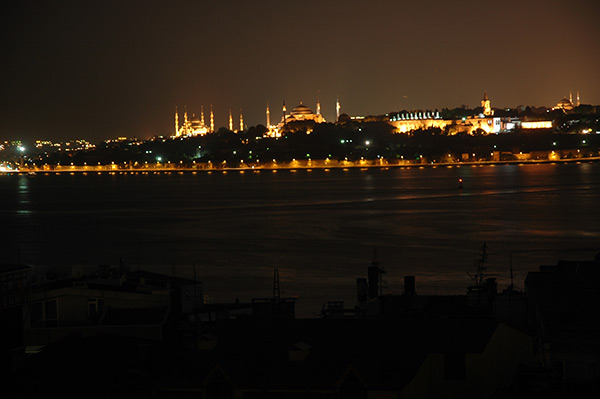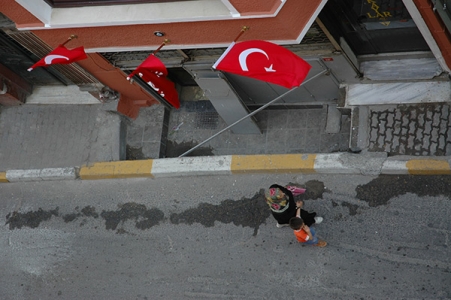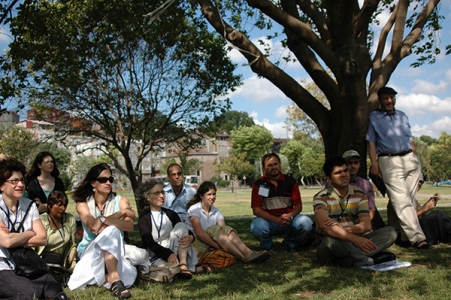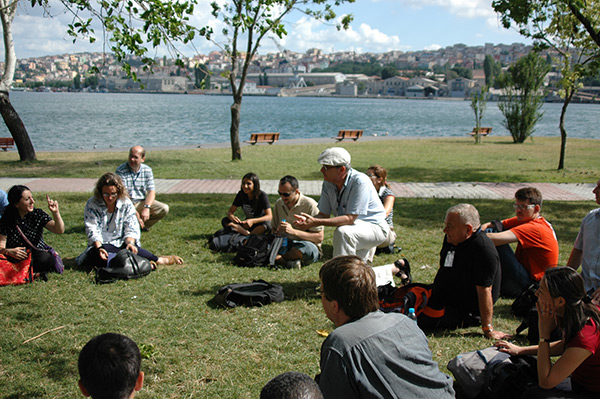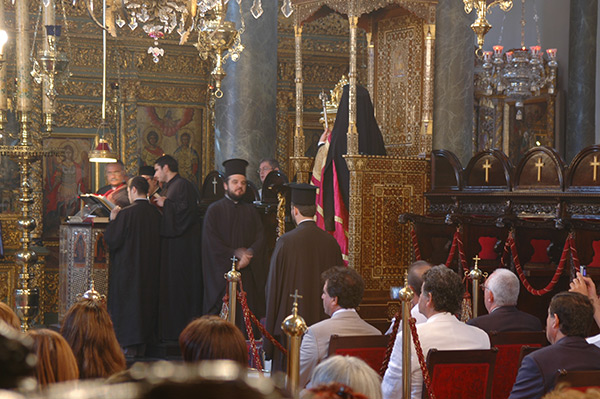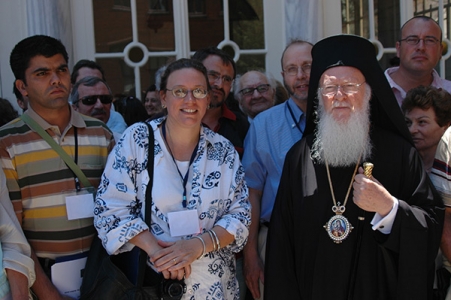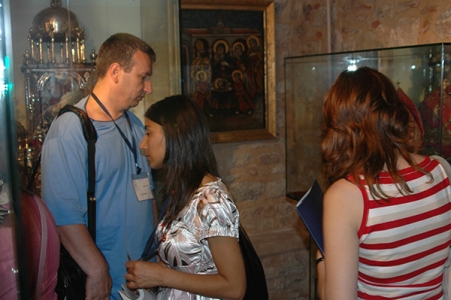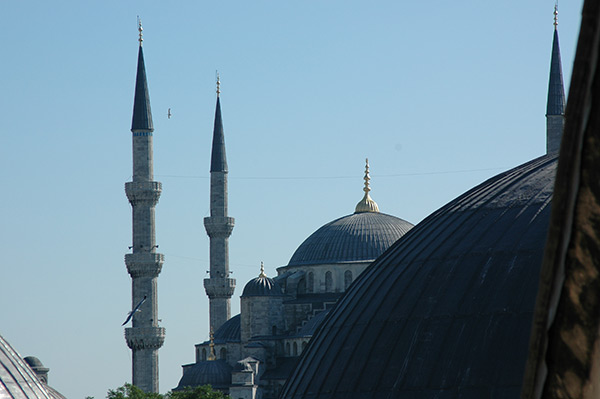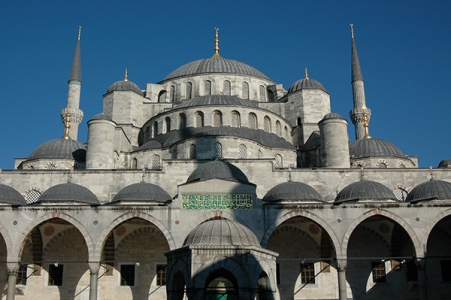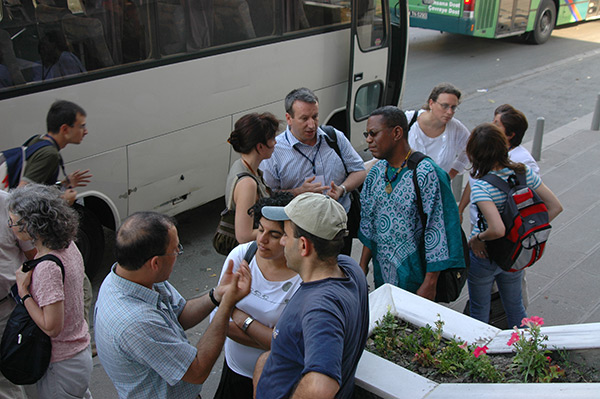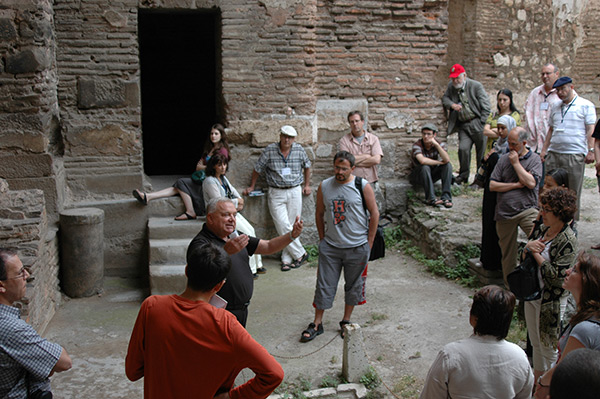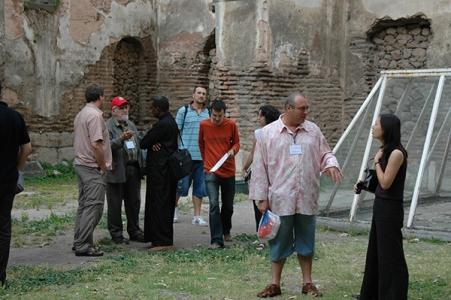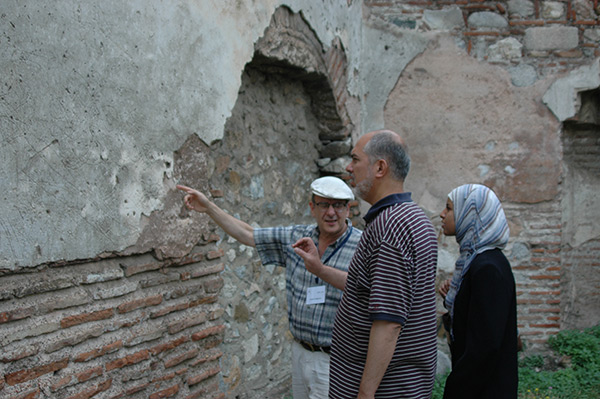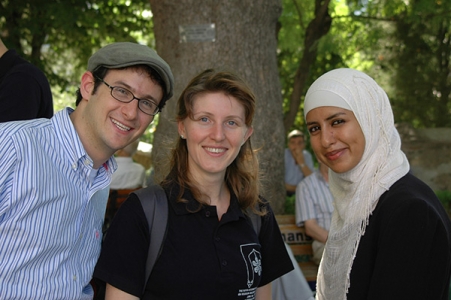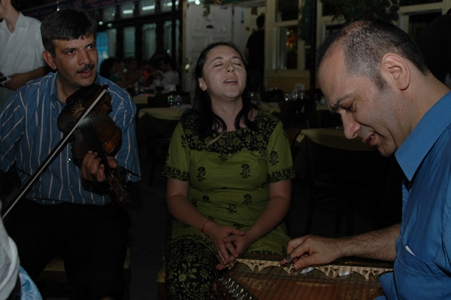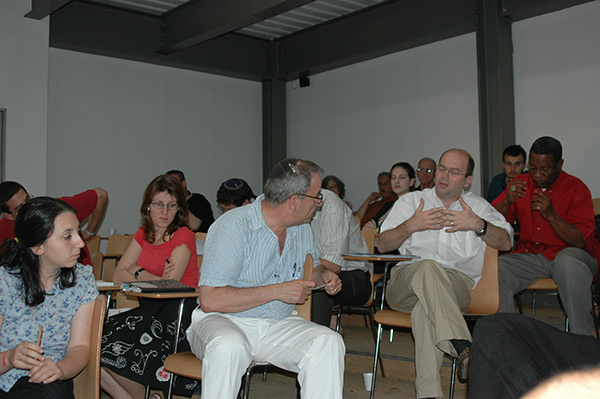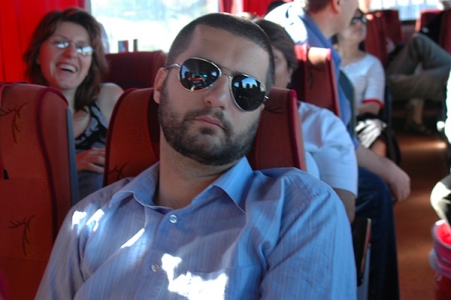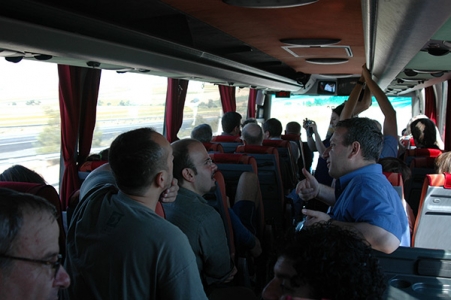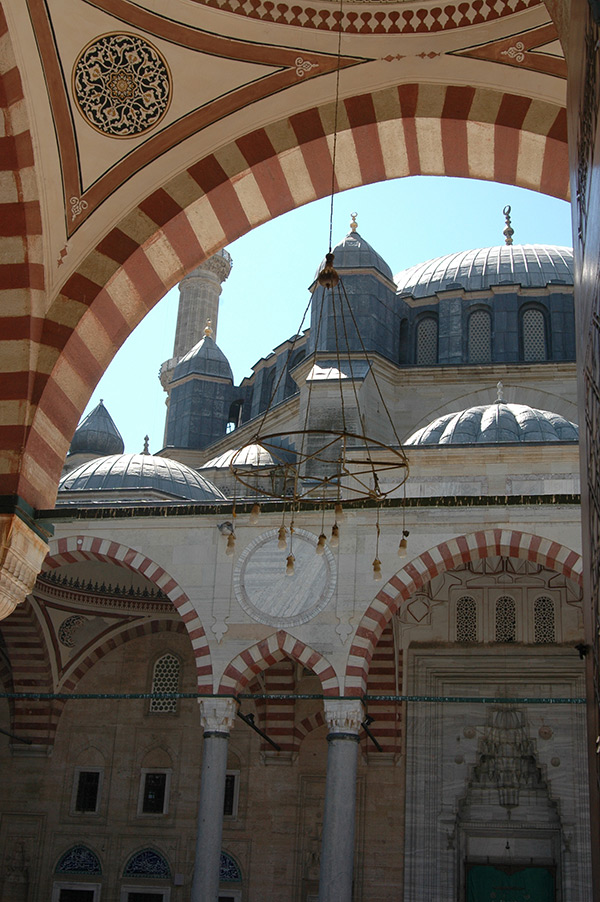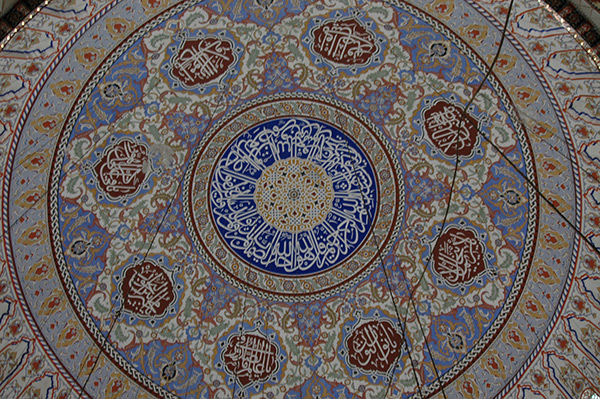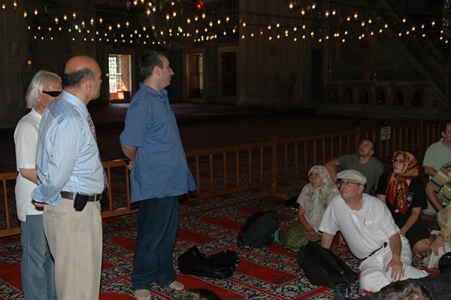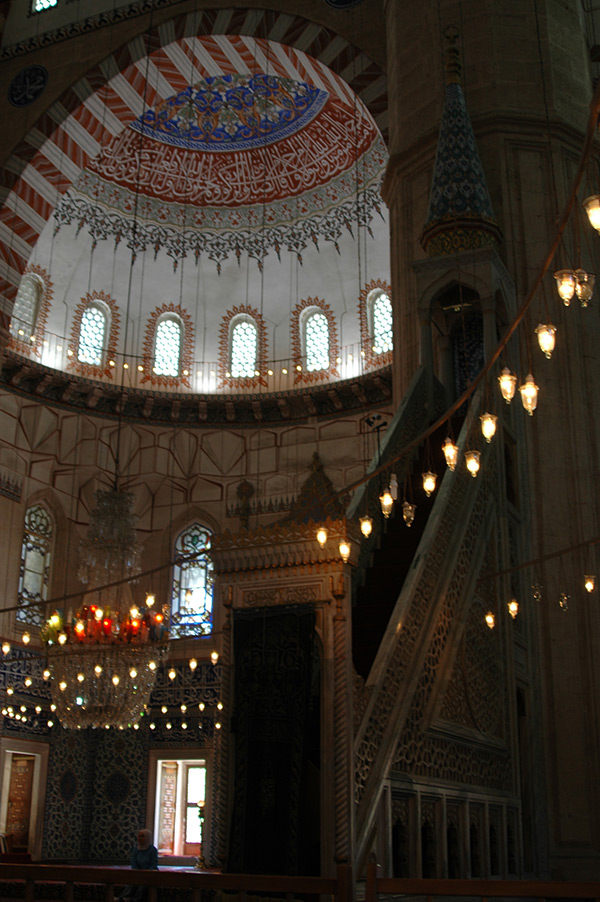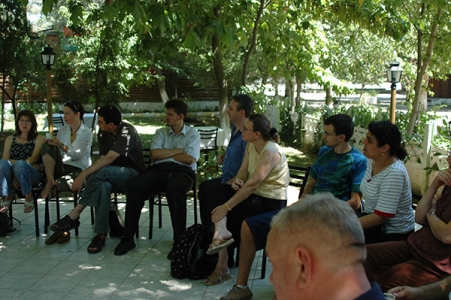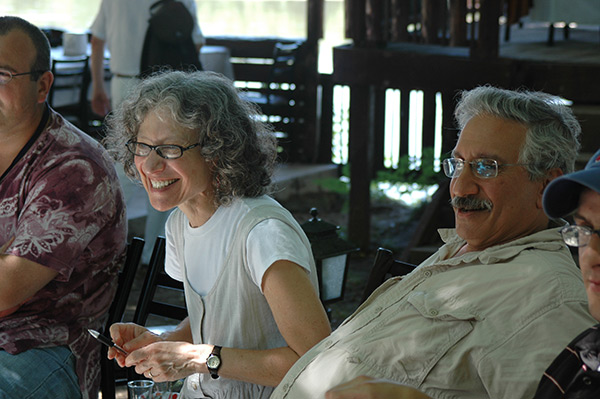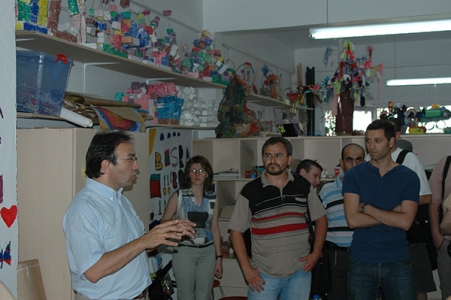June 30 – July 13, Istanbul, Turkey
In 2007 we met in Istanbul, Turkey to examine how different historical and social features, connected to the organization of empires and of national states affect the way in which we understand and experience the realities of the respective concepts of state, ethnos and religion.
“I am left with a sense of hope that pragmatic approaches do work. They have resonance across religious differences.”
(Fellow, 2007)
Our working assumption in this year’s school was that the very different ways in which empires and nation-states have traditionally dealt with social, ethnic, and religious diversity have significant implications for our contemporary world. We are now entering a period quite different from that of the classical 19th-century national-state. The problems of a multi-cultural societies and the growing diversity of populations not only in Europe and the United States, but throughout the world, in countries as diverse as Brazil and Bangladesh, India and Indonesia, Korea and Kyrgyzstan, Nigeria and Nicaragua–present new challenges to cooperation and social stability. As is our practice, we explored select dimensions of this development, not just from academic perspective but also from the lived, experiential dimensions of the fellows, staff, and all those involved in the summer school. It remains our firm belief that only when the theoretical is deeply embedded within the practical and experiential can we progress to new understandings and insights.
As in the past, bringing together people from different backgrounds, countries, and religions–all with differing commitments, histories, and dreams–enabled us to achieve new insights, not only into issues revolving around state, ethnos and religion, but above all into our own perception of these subjects.
2007 Local Host: Istanbul Bilgi University
